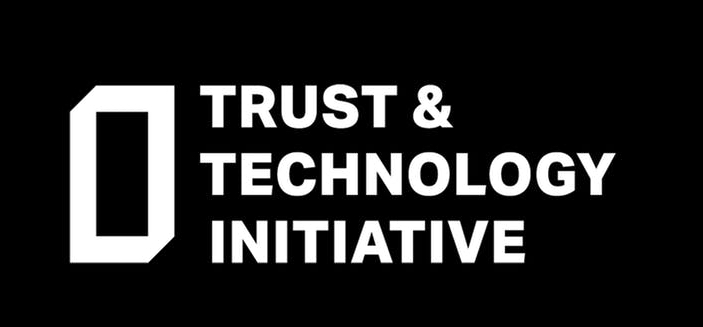Dr Sander van der Linden, Department of Psychology and
Dr Jon Roozenbeek, Department of Slavonic Studies
Online misinformation about Covid-19
The Coronavirus pandemic is forcing more and more of our work activities, education, and social interactions to take place online. Uncertainty about how the crisis will progress, paired with an absence of a vaccine or cure, is proving to be a fertile breeding ground for the spread of online misinformation.
This makes sense: misinformation plays into our fears and uncertainties. People are looking for a way to keep themselves and their loved ones safe from infection, and so rumours about bogus cures (such as drinking hot lemon water, gargling salt water) quickly gain popularity online. In fact, fake news can spread faster than the virus itself. The same goes for other types of misinformation, such as excessive fearmongering and conspiracy theories about who is “behind” the virus. The proliferation of misinformation can do a great deal of personal and collective harm. Accordingly, in its February 2020 Situation Report the WHO labelled the problem of overabundant information - some trustworthy, some not - an “infodemic”.
Fact-checkers are working around the clock to track down and debunk virus-related misinformation. Although this is important, keeping track of misinformation in real-time can be time-consuming, it does not scale easily, you are always behind the curve, and once people are exposed to a falsehood, the damage is often already done. Thus, like with real viral diseases, prevention is better than a cure. This crisis needs both biological and psychological inoculation. Our work at the Trust & Technology Initiative therefore focuses on building psychological resistance against misinformation techniques (called “active inoculation” or “pre-bunking”). Our free online fake news game Bad News now features a scenario about the Coronavirus, to help spread awareness about the techniques and tactics commonly used by actors spreading misinformation about the disease. We have a new game entirely devoted to the coronavirus in production, so stay tuned for our attempt to help cultivate psychological herd immunity against misinformation about COVID-19.


